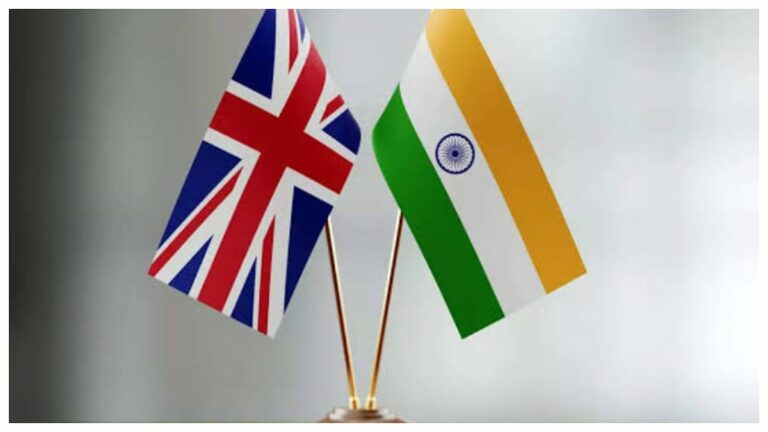India-UK Free Trade Agreement Receives Positive Response from Mercedes-Benz and BMW
The recent India-UK free trade agreement (FTA) has been welcomed by major luxury car manufacturers Mercedes-Benz and BMW, although they note that it is unlikely to result in significant price reductions for luxury cars in India.
The landmark FTA, finalized last week, aims to lower tariffs on 99% of Indian exports and facilitate easier exports of British products such as whisky and cars to India, thereby boosting overall trade between the two nations. The goal is to double bilateral commerce to $120 billion by 2030 from the current $60 billion.

Santosh Iyer, MD and CEO of Mercedes-Benz India, expressed support for the FTA, stating that as a multinational company, they have always advocated for free trade as it promotes better growth. “Fundamentally, we have always advocated free trade as a multinational company, because we feel that free trade helps in better growth… So, I think for us, definitely it’s a real welcome move, because it helps,” Iyer told PTI.
However, Iyer also highlighted that the expected price cuts for cars might not be substantial. “Around 95% of the cars we sell in India are all CKDs (Completely Knocked Down units). Which means hardly 15-16% duty even today. So, to expect a huge price correction, I don’t think it would happen even with an FTA,” he explained, adding that the quota-based system for imported cars is another critical factor influencing prices.
Vikram Pawah, President and CEO of BMW Group India, also supported the FTA, noting that it is a win-win situation for overall economic growth and benefits consumers. “India-UK FTA seems to be a landmark deal covering various aspects of mutual trade in goods, services, and mobility and will contribute to the greater vision of Viksit Bharat,” he added.
Pawah emphasized that BMW Group India has strong local production and localization in the Indian market and remains committed to it. He also mentioned that the impact on the Indian luxury segment will become clearer once more details about the agreement are available.
The India-UK FTA includes adequate safeguards to protect sensitive sectors, with the import duty on petrol and diesel engine vehicles from the UK being reduced over a period of 10-15 years within a pre-defined quota.
In conclusion, while Mercedes-Benz and BMW welcome the India-UK FTA as a positive development for trade and economic growth, they indicate that luxury car prices in India are unlikely to see major cuts due to the existing duty structure and quota-based system for imported cars.



